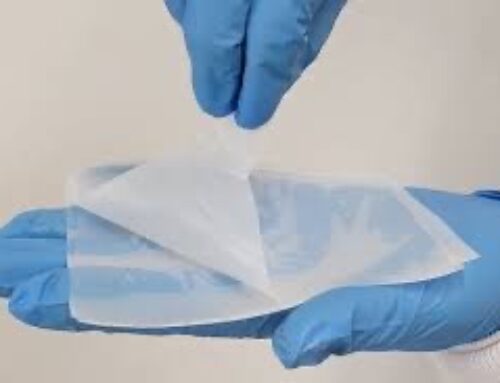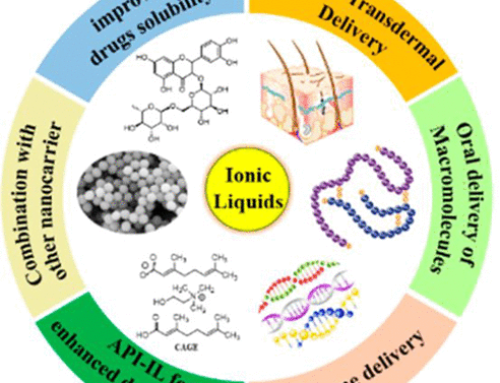In the world of sports recovery, exosome therapy has become a trending topic, often touted as a revolutionary approach for helping athletes bounce back from injuries. Derived from stem cells, exosomes are microscopic particles that carry proteins and genetic material, acting as messengers between cells. For athletes, they offer the promise of quicker healing and less inflammation. But as interest grows, so do questions about their safety, regulation, and effectiveness.
What Makes Exosomes Appealing?
Exosomes have the potential to accelerate healing by aiding cell-to-cell communication, an essential part of repairing damaged tissue. Because they are derived from stem cells, many believe exosomes can deliver regenerative benefits without using whole cells—a benefit for athletes, as the World Anti-Doping Agency (WADA) prohibits many cell-based therapies. This appeal has sparked a boom in exosome treatments, with clinics promoting them as natural, body-friendly solutions to sports injuries.
Are Exosomes Approved or Regulated?
Despite their growing popularity, exosomes have not been approved by the FDA for any specific medical use, including sports injuries. The lack of regulatory oversight means that patients often don’t receive the rigorous safety and efficacy assurances standard with FDA-approved treatments. For athletes, the World Anti-Doping Agency (WADA) has strict rules: exosomes must be free from any prohibited substances like growth factors or hormones, and intravenous administration can be a gray area. If an athlete inadvertently receives banned substances or if exosomes are administered improperly, they risk violating anti-doping rules.
Potential Health Risks
The FDA has issued warnings against exosome treatments, following reports of adverse reactions in unregulated clinics. Clinics offering these therapies may not have consistent quality control, and without FDA oversight, patients could face unexpected side effects. For the general public and athletes alike, it’s essential to weigh the excitement of new technology against the risk of untested therapies.
Why This Matters to Everyone
Exosome therapy may sound like a fast track to healing, but the reality is more complex. Athletes face a unique challenge due to anti-doping regulations, but the general public should also approach exosomes cautiously until more conclusive evidence and regulatory oversight emerge. For those considering exosome therapy, it’s important to consult with a knowledgeable healthcare provider and understand the risks before investing in what is still an emerging field.





